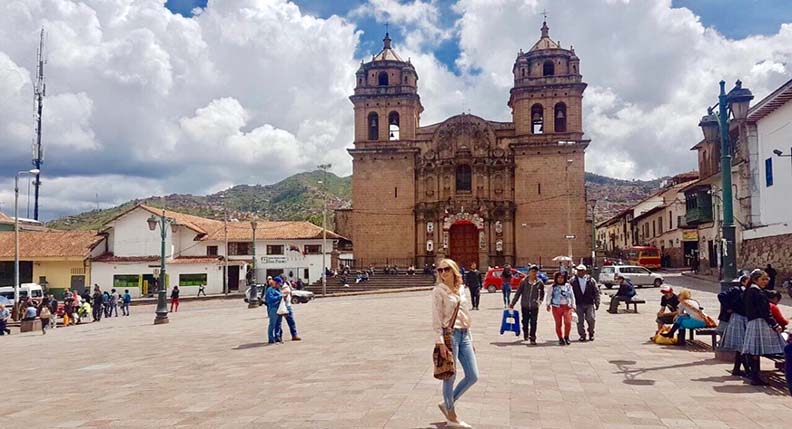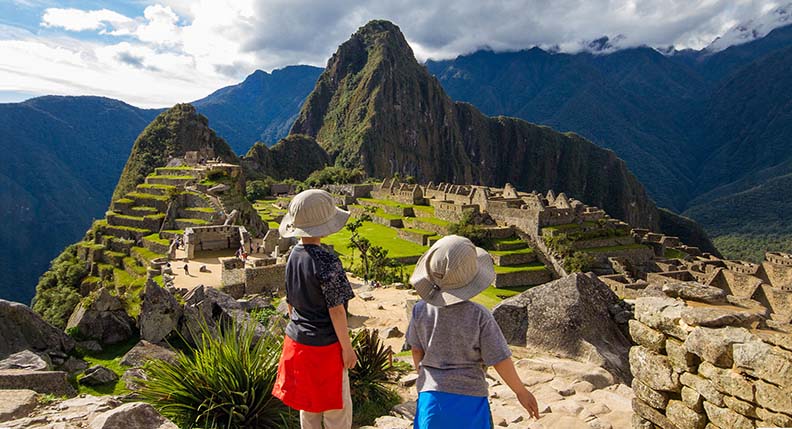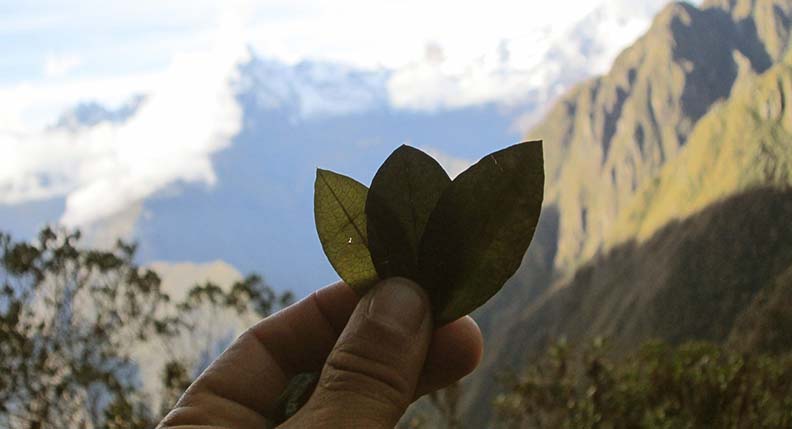My recent expedition to Cusco, Peru, introduced me to a common challenge faced by visitors to this beautiful city: altitude sickness, or soroche, caused by its high elevation. I’ll recount my personal experiences with altitude sickness and provide five effective methods for acclimatizing to high altitudes, all from my own perspective.
1. Gradual Ascension

- My Experience: Upon arriving in Cusco, I felt the immediate effects of high altitude – dizziness, fatigue, and breathlessness. It was clear that my body needed time to adapt.
- Acclimatization Tip: Allow at least a day or two for gradual ascent before engaging in strenuous activities. This gradual ascent gives your body the chance to adjust to the reduced oxygen levels.
- Personal Insight: Taking it slow during the first days of my trip was crucial in preventing severe altitude sickness. Exploring the city at a leisurely pace allowed me to appreciate its charm without overexerting myself.
2. Stay Hydrated
- My Experience: Dehydration can worsen altitude sickness symptoms. The dry mountain air and increased respiratory rate contribute to fluid loss.
- Acclimatization Tip: Stay well-hydrated by drinking plenty of water throughout the day. Herbal remedies like coca tea, a local favorite, can also help alleviate symptoms.
- Personal Insight: I carried a reusable water bottle and made a point of drinking fluids regularly. This simple habit made a noticeable difference in how I felt.
3. Light Meals

- My Experience: Heavy meals can strain your digestive system, making it more challenging for your body to cope with high altitudes.
- Acclimatization Tip: Opt for light, easily digestible meals with a focus on carbohydrates. Local dishes like quinoa soup and potatoes are excellent choices.
- Personal Insight: Exploring the local cuisine, with its emphasis on traditional, lighter dishes, not only delighted my taste buds but also helped me acclimate more comfortably.
4. Medication and Oxygen
- My Experience: While I didn’t need medication, being prepared for severe altitude sickness is essential.
- Acclimatization Tip: Consult with a healthcare professional before your trip and consider carrying altitude sickness medication. Many accommodations in Cusco also provide oxygen tanks for guests.
- Personal Insight: Knowing that I had access to medical assistance and oxygen if necessary provided reassurance during my journey.
5. Rest and Listen to Your Body
- My Experience: Altitude sickness can affect even the fittest travelers. It’s crucial to recognize the symptoms and respond appropriately.
- Acclimatization Tip: Pay attention to your body’s signals. If you experience severe symptoms like intense headaches, vomiting, or difficulty breathing, descend to a lower altitude without delay.
- Personal Insight: Respecting your body’s cues is paramount. Rest when needed, and if symptoms worsen, seek medical assistance promptly.
Adapting to high altitudes in Cusco is essential to fully enjoy the city’s wonders. My journey taught me that with the right strategies and patience, altitude sickness can be managed effectively. Cusco’s breathtaking landscapes and rich heritage are well worth the effort, and overcoming the challenges of high altitudes only enhances the adventure.



